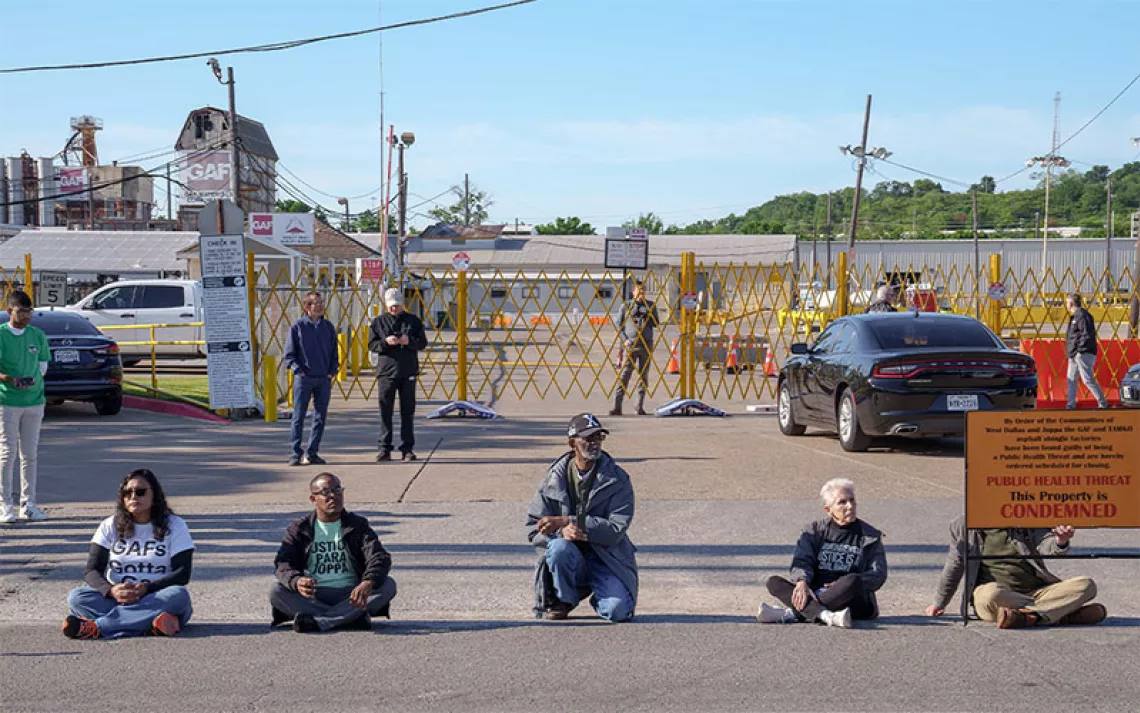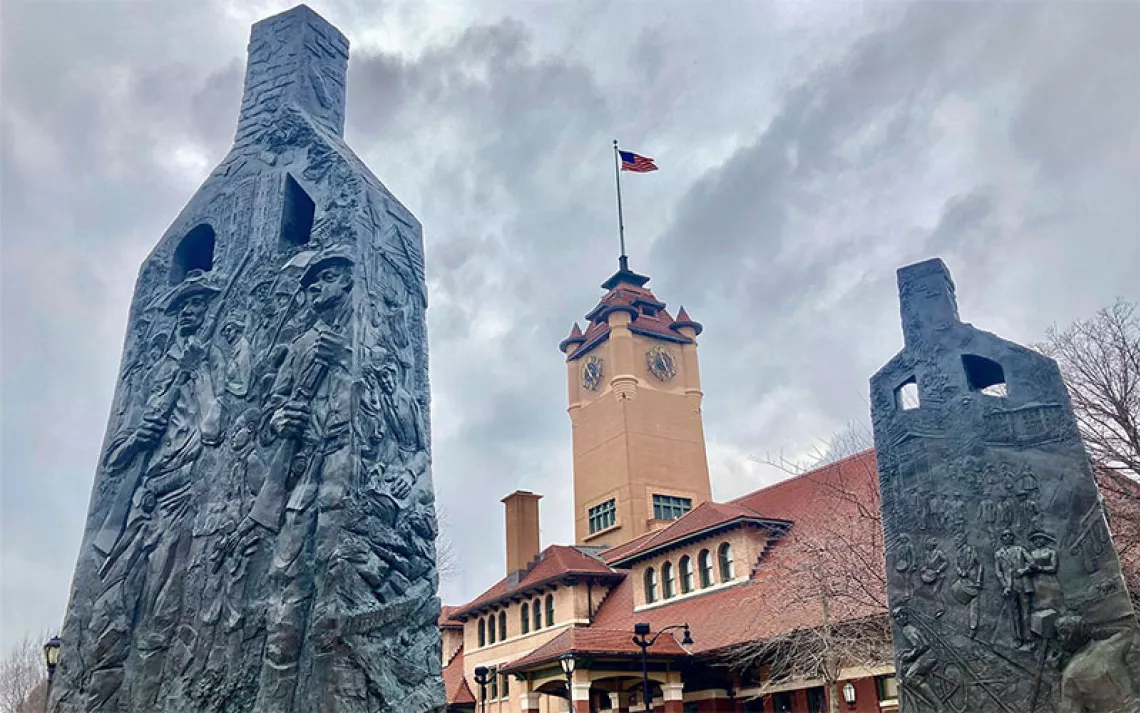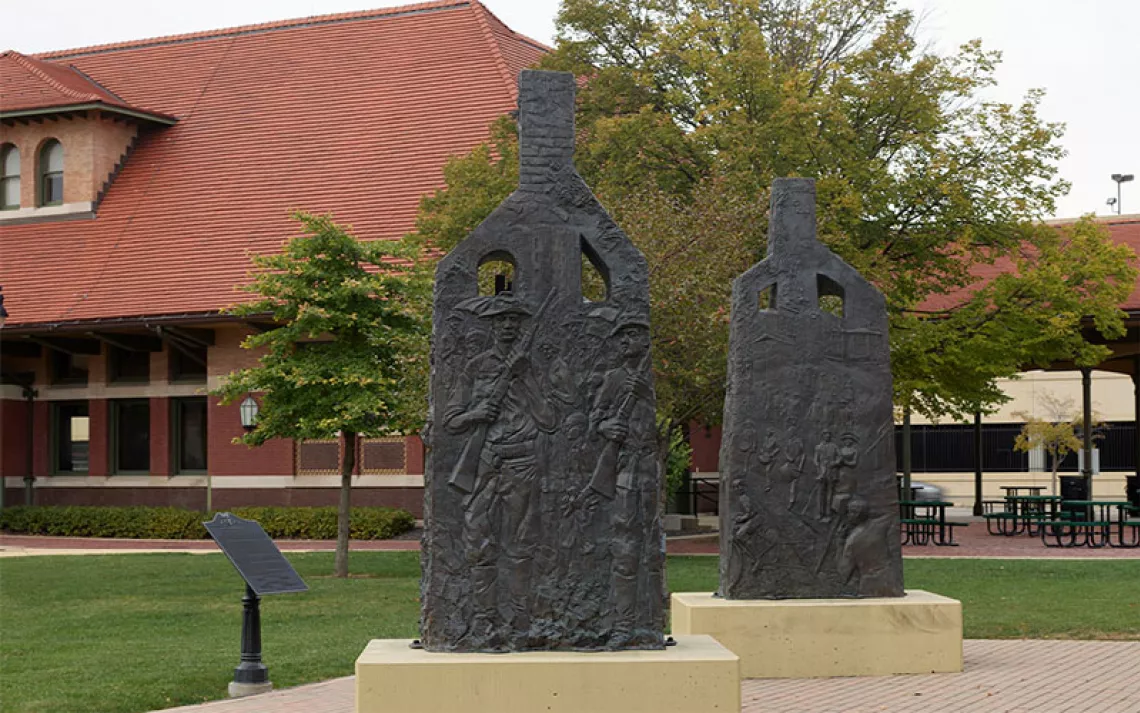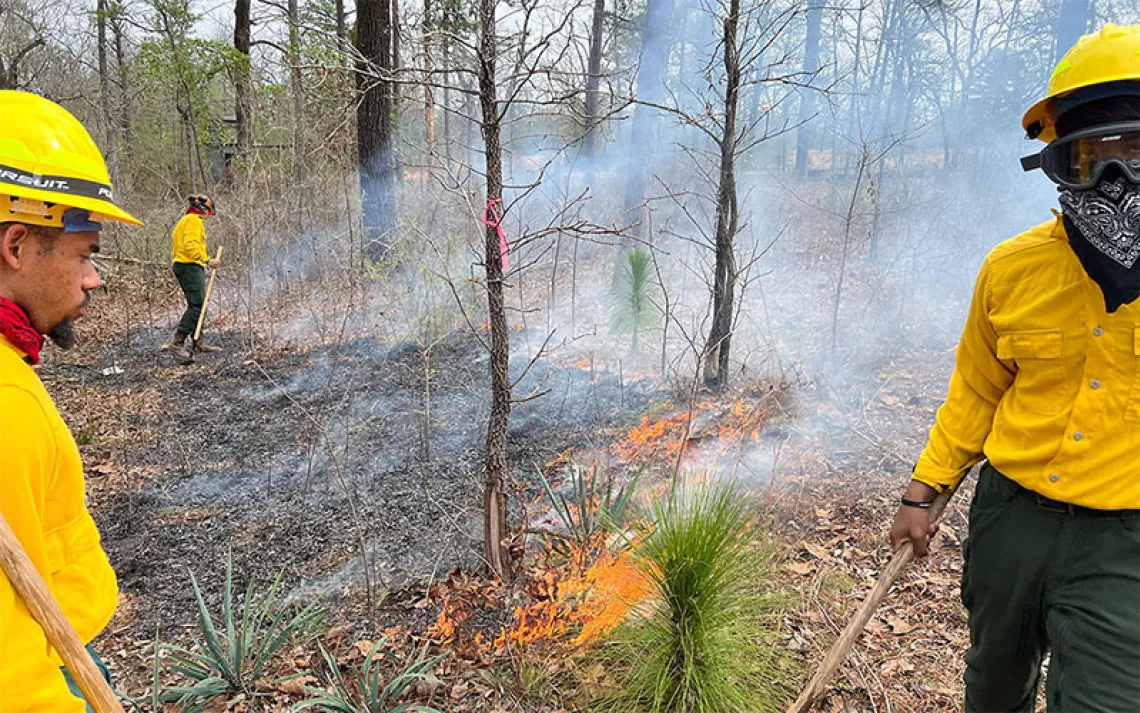Among the Powerful Voices We Lost in 2024, Louis Gossett Jr.’s Echoes Loudly
Gossett understood the environmental crisis as well as anyone
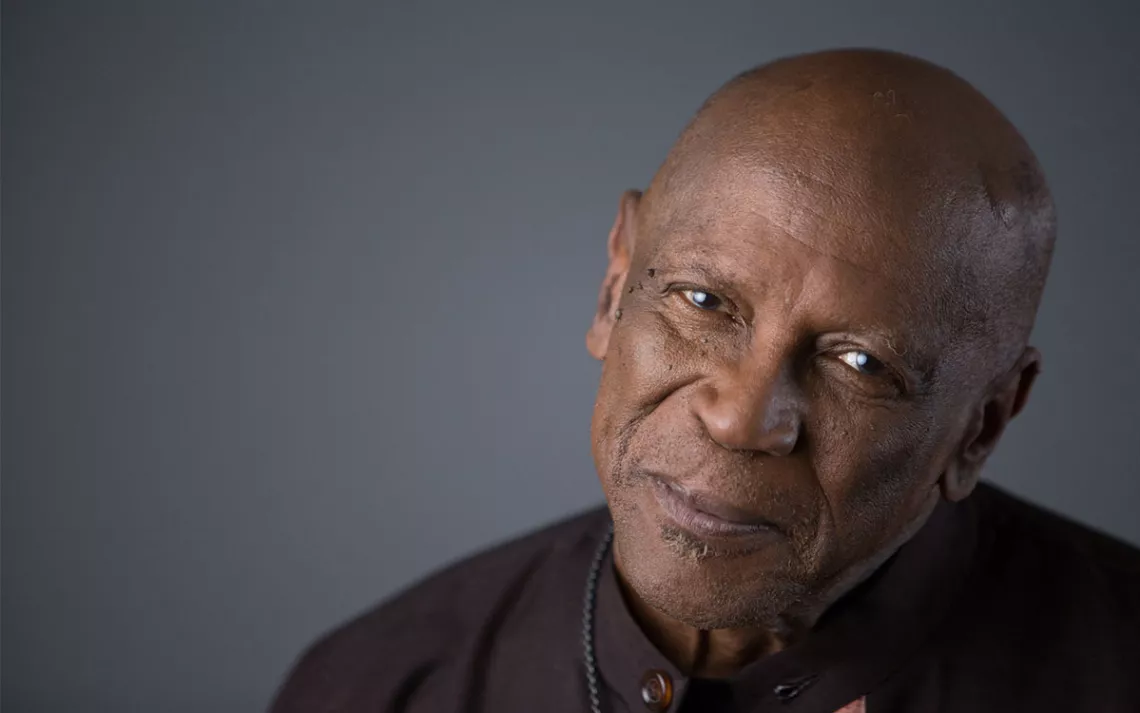
Louis Gossett Jr. poses for a portrait in promotion of "Roots: The Complete Original Series." | Photo by Amy Sussman/Invision vis AP
Distributed by Trice Edney Newswire.
It was my last year as national president of the NAACP, and at the end of the 2013 Image Awards, I was standing with my dear friend Louis Gossett Jr., the actor and activist who won an Oscar for his role in the film An Officer and a Gentleman. Lou said to me, “You know, Ben, I’ve been in this racial justice movement my whole life, but you know, sometimes, brother, I feel like we’re fighting over who’s in first class. What we should be doing is looking out the window, because the plane has fallen like 20,000 feet in the last two minutes.”
He saw I was a little confused. So he continued, “The planet is dying. It doesn’t matter who’s in first class on a dead planet.”
Lou’s words have stuck with me for over a decade. It was Lou’s voice echoing in my ear that inspired me to get back into the environmental movement and take my current job as the head of the Sierra Club.
December is the customary month of remembrance. A time of year we take stock; a moment on the calendar when we pause to reflect on the giants we have lost.
Louis Gossett Jr. is one of those giants. He died this past March.
Lou never shied away from using his platform to fight for people and the planet. Remembering his passion for justice and the path he forged can be a guiding light. His example, like that of scores of other Black leaders we lost in 2024, has a special resonance for America’s Black men and boys. But it is an example that should inspire anyone who sees a situation that their own moral calling tells them needs to change.
As a child, Lou loved superheroes. When he did not see anyone who looked like him playing his favorite superhero, Superman, he decided to become one—both on and off the screen. The character he portrayed in An Officer and a Gentleman, Gunnery Sergeant Emil Foley, was a soldier highly decorated for his patriotism. Offscreen Lou was a true patriot himself.
Lou often spoke of the need to focus on the “bigger picture.” He imagined concentric circles as he thought about how people could make a difference and have an impact in their family, community, country, as well as the world. He founded the Eracism Foundation to promote cultural diversity, historical enrichment, and anti-violence initiatives for young adults, teens, and pre-teens through Shamba Centers throughout the country.
Lou contributed one of the autobiographical essays in my book Reach: 40 Black Men Speak on Living, Leading, and Succeeding. In it, he wrote about meeting Nelson Mandela when the South African leader was finally released from prison after 27 years. Lou said Mandela’s message was simple: There is no time to focus on revenge, which is a “self-inflicting disease.” The only thing we have time to focus on is “uplifting ourselves and one another for the bigger picture, which is the salvation of the planet.”
Lou spoke of the values passed on to him and his cousins by their grandmother: “collective responsibility; empathy; being ready, willing, and able to help another person when he or she is down.” Those are values to live by. I can relate. My own grandmother’s wisdom continues to guide me. Her sage advice continues to be one of my mantras in life: "Pessimists are right more often, but optimists win more often. As for me, I'll take winning."
Of course, in addition to Lou, we lost many Black men this year whose lives and work inspired millions. Icons of stage and screen like James Earl Jones and John Amos, history-making sports legends such as Willie Mays, and titans of the Civil Rights Movement like Reverend James Lawson, whom Dr. King called “the leading theorist and strategist of nonviolence in the world.” We lost Quincy Jones, who not only left an indelible mark on the music industry but also was a champion for civil and human rights.
In my introduction to Reach, I noted that imitation has always been the first step for those seeking to achieve great things. Children pick up sticks to reenact the battles of warrior heroes. Toddlers preach to congregations, or sing to crowds, of teddy bears and puppets. Babies step into their parents' shoes and try to walk. But we cannot imitate—or draw inspiration from—that which we have never seen, heard, or read about. I hope people continue to learn about my friend Louis Gossett Jr. and the other giants we lost, because the examples they set are surely ones to be imitated.
Lou’s hope was that younger generations grow up to remember that bigger picture of which he spoke. That “instead of talking about the salvation of the Irish or the Jew or the Black, they talk about the salvation of mankind and the planet. I think we can ask for and expect nothing less.”
 The Magazine of The Sierra Club
The Magazine of The Sierra Club
